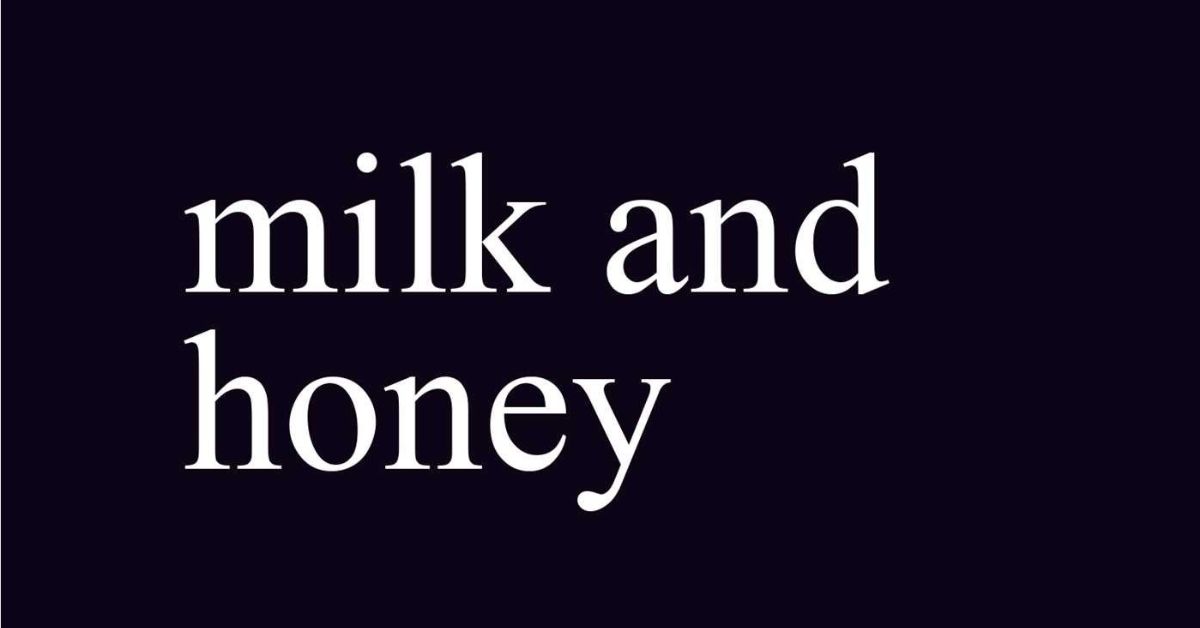The Poetry of Langston Hughes
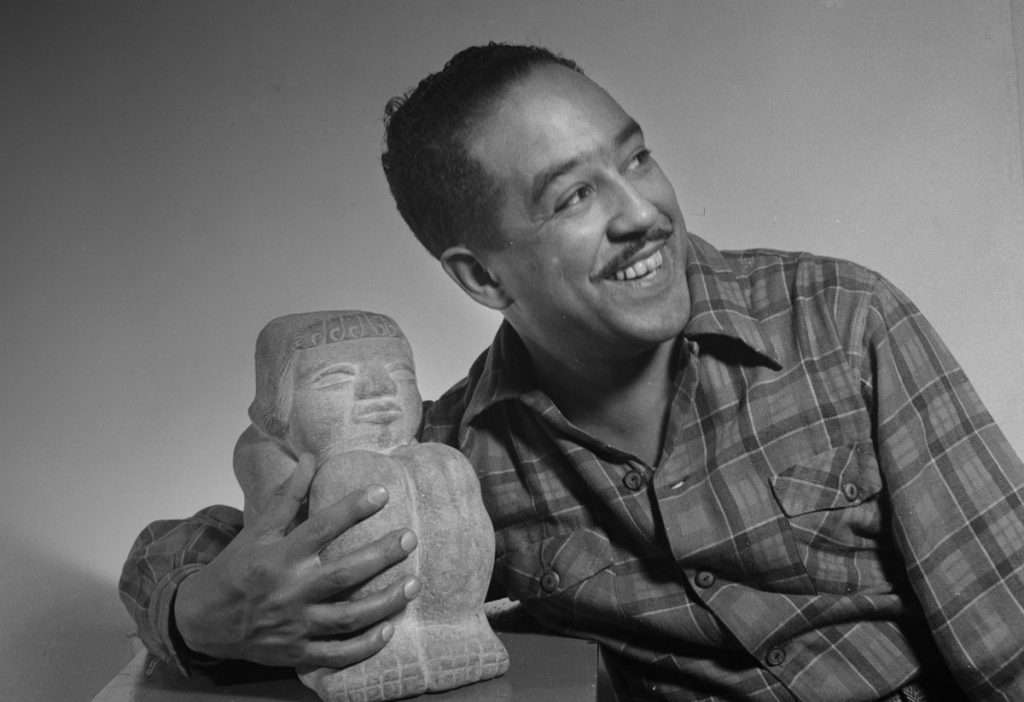
Langston Hughes was one of the most famous and renowned Afro-American poets of his time. He contributed greatly to the Harlem Renaissance Movement and wrote poetry that reflected the African American experience in a unique and powerful way. His poems were often about love, racism, and social injustice, and they continue to be a source of inspiration for many people to this day. If you’re interested in learning more about Langston Hughes or are looking for some insightful and moving poetry to read, then be sure to check out his work! You won’t regret it.
Affiliate Disclaimer: This content contains affiliate links. When you buy through these links, I may earn an affiliate commission.
Langston Hughes Early Life:
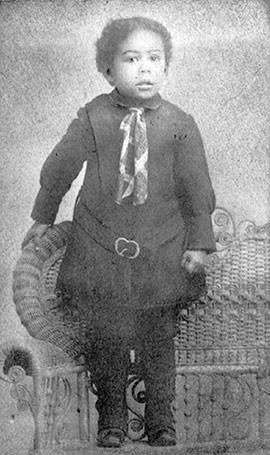
Langston Hughes was one of the most enigmatic poets of the 20th century, widely celebrated for his lyrical, highly evocative style and honest, unflinching treatment of social and political issues. He was born in Joplin, Missouri, in 1902. His parents divorced when he was young, and his father moved to Mexico. As a result, Hughes lived with his maternal grandfather in Lawrence, Kansas. After his grandfather’s death, Hughes moved to Lincoln, Illinois, to live with his mother and her husband.
Hughes was one of a new generation of black writers who rose to prominence in the early 1900s. He was particularly popular among younger writers and artists, who found inspiration in his free-spirited approach to poetry and his ambition to challenge outdated notions about race and identity in American society.
Despite earning critical acclaim from many corners, Hughes remained modest throughout his life, emphasizing that his poetry had its roots in ordinary human experiences rather than some grand vision of lofty genius. Even after his death in 1967, he continues to be revered as one of America’s most important modern poets.
Langston Hughes Career:
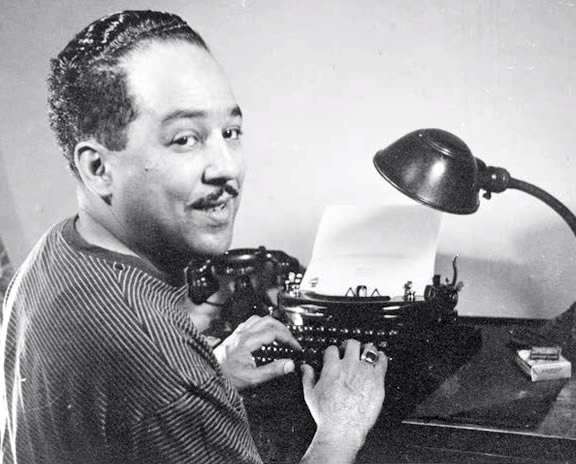
He began writing poetry while he was a student in high school. After graduation, he attended Columbia University but later dropped out. In 1925, he published his first poem, “The Negro Speaks of Rivers,” in the magazine Crisis. The following year, he moved to Paris and then to Africa.
He returned to the United States in 1929 and settled in Harlem. In 1930, his first collection of poems, titled The Weary Blues, was published. Throughout his career, Hughes wrote extensively about the lives of African Americans and helped to promote the Harlem Renaissance. He died of complications from surgery in 1967.
The Negro Speaks of Rivers
I’ve known rivers:
I’ve known rivers ancient as the world and older than the flow of human blood in human veins.
My soul has grown deep like the rivers.
I bathed in the Euphrates when dawns were young.
I built my hut near the Congo and it lulled me to sleep.
I looked upon the Nile and raised the pyramids above it.
I heard the singing of the Mississippi when Abe Lincoln went down to New Orleans, and I’ve seen
its muddy bosom turn all golden in the sunset.
I’ve known rivers:
Ancient, dusky rivers.
My soul has grown deep like the rivers.
The Politics of Langston Hughes:
Langston Hughes was a trailblazing figure in the field of literature, as well as a passionate advocate for social justice. His work powerfully captured the struggles and triumphs of disenfranchised communities in America, from migrant workers to African Americans to women.
Throughout his long career, he confronted key political issues through his writing, often bringing a much-needed voice of protest to those who had been silenced by the dominant culture. Whether he was exposing the horrors of racial injustice or challenging gender roles within society, Hughes consistently used his art as a means to highlight and question the power dynamics that shaped American society. In doing so, he played an important role in shaping our national discourse on politics and social justice, and his legacy continues to live on today.
One More “S” in the U.S.A
Put one more s in the U.S.A.
To make it Soviet.
One more s in the U.S.A.
Oh, we’ll live to see it yet.
When the land belongs to the farmers
And the factories to the working men —
The U.S.A. when we take control
Will be the U.S.S.A. then.
Now across the water in Russia
They have a big U.S.S.R.
The fatherland of the Soviets —
But that is mighty far
From New York, or Texas, or California, too.
So listen, fellow workers,
This is what we have to do.
Put one more S in the U.S.A.
[Repeat chorus]
But we can’t win by just talking.
So let us take things in our hand.
Then down and away with the bosses’ sway —
Hail Communistic land.
So stand up in battle and wave our flag on high,
And shout out fellow workers
Our new slogan in the sky:
Put one more S in the U.S.A.
But we can’t join hands together
So long as whites are lynching black,
So black and white in one union fight
And get on the right track.
By Texas, or Georgia, or Alabama led
Come together, fellow workers
Black and white can all be red:
Put one more S in the U.S.A.
Oh, the bankers they all are planning
For another great big war.
To make them rich from the worker’s dead,
That’s all the war is for.
So if you don’t want to see bullets holding sway
Then come on, all you workers,
And join our fight today:
Put one more S in the U.S.A.
To make it Soviet.
One more S in the U.S.A.
Oh, we’ll live to see it yet.
When the land belongs to the farmers
And the factories to the working men —
The U.S.A. when we take control
Will be the U.S.S.A. then.
The Influence of Langston Hughes:
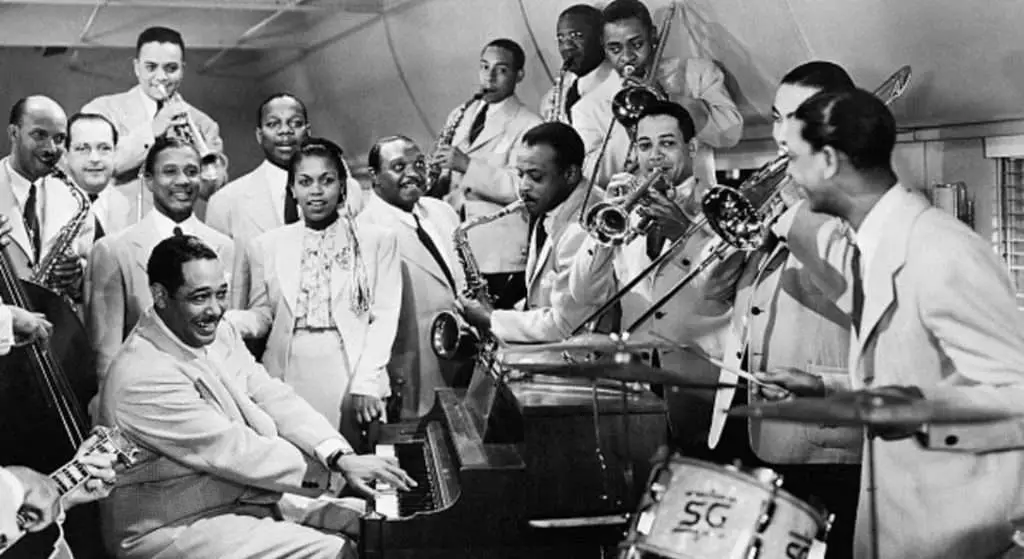
Langston Hughes was one of the most influential writers of his time, credited with helping to shape the cultural and artistic movements of the early 20th century. Born into a family of prestigious scholars, Langston developed an interest in literature from a young age.
He soon became involved in various literary and artistic circles in Harlem, eventually becoming a poet and novelist recognized all over the world. His powerful works explored themes that were often overlooked or dismissed by mainstream society, including racial inequality, cultural assimilation, and sexuality.
Through his art, Langston Hughes had a profound impact on generations of writers and artists, and he continues to be held up as a model for aspiring poets today.
I look at the world
I look at the world
From awakening eyes in a black face—
And this is what I see:
This fenced-off narrow space
Assigned to me.
I look then at the silly walls
Through dark eyes in a dark face—
And this is what I know:
That all these walls oppression builds
Will have to go!
I look at my own body
With eyes no longer blind—
And I see that my own hands can make
The world that’s in my mind.
Then let us hurry, comrades,
The road to find.
Langston Hughes’s Influence on Harlem Renaissance
The Harlem Renaissance was a time of great creativity and artistic expression, and Langston Hughes was one of its most important voices. Hughes was born in 1902 and raised in Kansas, but he moved to Harlem in the early 1920s and quickly became involved in the city’s vibrant cultural scene.
His poetry was strongly influenced by jazz and blues music, and he often performed his work alongside musicians. He also wrote plays and essays, and his work helped to promote African-American pride and culture. In addition, Hughes was one of the founders of the anthology magazine “Fire!!”, which helped to promote the work of young black artists.
Without a doubt, Langston Hughes was a key figure in the Harlem Renaissance, and his work continues to inspire writers and artists today.
Langston Hughes’s Legacy:
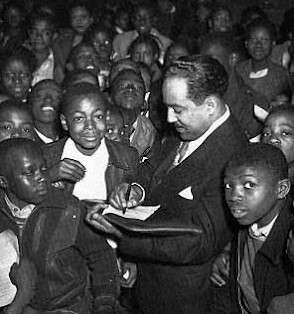
As one of the most important voices of the Harlem Renaissance, Langston Hughes left a lasting legacy. His poetry and prose were filled with vibrant images of African American life, and his work helped to bring black literature into the mainstream.
Hughes was also a fierce advocate for racial equality, using his platform to speak out against segregation and discrimination. His commitment to social justice made him an inspiration to subsequent generations of writers and activists. Today, Hughes’s work is widely studied and admired, and his legacy continues to shape our understanding of race and identity in America.
You and your whole race
You and your whole race.
Look down upon the town in which you live
And be ashamed.
Look down upon white folks
And upon yourselves
And be ashamed
That such supine poverty exists there,
That such stupid ignorance breeds children there
Behind such humble shelters of despair—
That you yourselves have not the sense to care
Nor the manhood to stand up and say
I dare you to come one step nearer, evil world,
With your hands of greed seeking to touch my throat, I dare you to come one step nearer me:
When you can say that
you will be free!
Conclusion
We conclude with another of Hughes’s masterpieces, ‘Corner meeting’.
Corner Meeting
Ladder, flag, and amplifier
now are what the soapbox used to be.
The speaker catches fire,
Looking at listeners’ faces.
His words jump down
to stand
in their
places.
Hughes was a master of the poetic form, and his poems explore the African-American experience in a unique and powerful way. We hope you’ve enjoyed this exploration of Hughes’s life and poetry. What is your favorite poem by Langston Hughes? Let us know in the comments!
